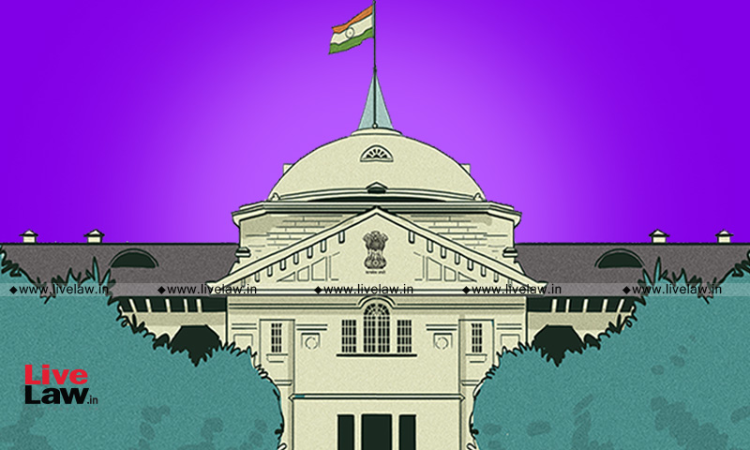Power U/S 311 CrPC For Recall Of Witnesses: Allahabad High Court Explains
Shivang
22 Feb 2022 6:28 PM IST

Next Story
22 Feb 2022 6:28 PM IST
The Allahabad High Court has rejected an application filed under Section 482 of CrPC seeking to quash an order of the Additional Sessions Judge, Deoria rejecting two applications filed by the Applicant/accused under Section 311 of CrPC for recall of two prosecution witnesses.While doing so, Justice Sanjay Kumar Pachori shed light on the applicability of Section 311 CrPC. "Section 311 of...
